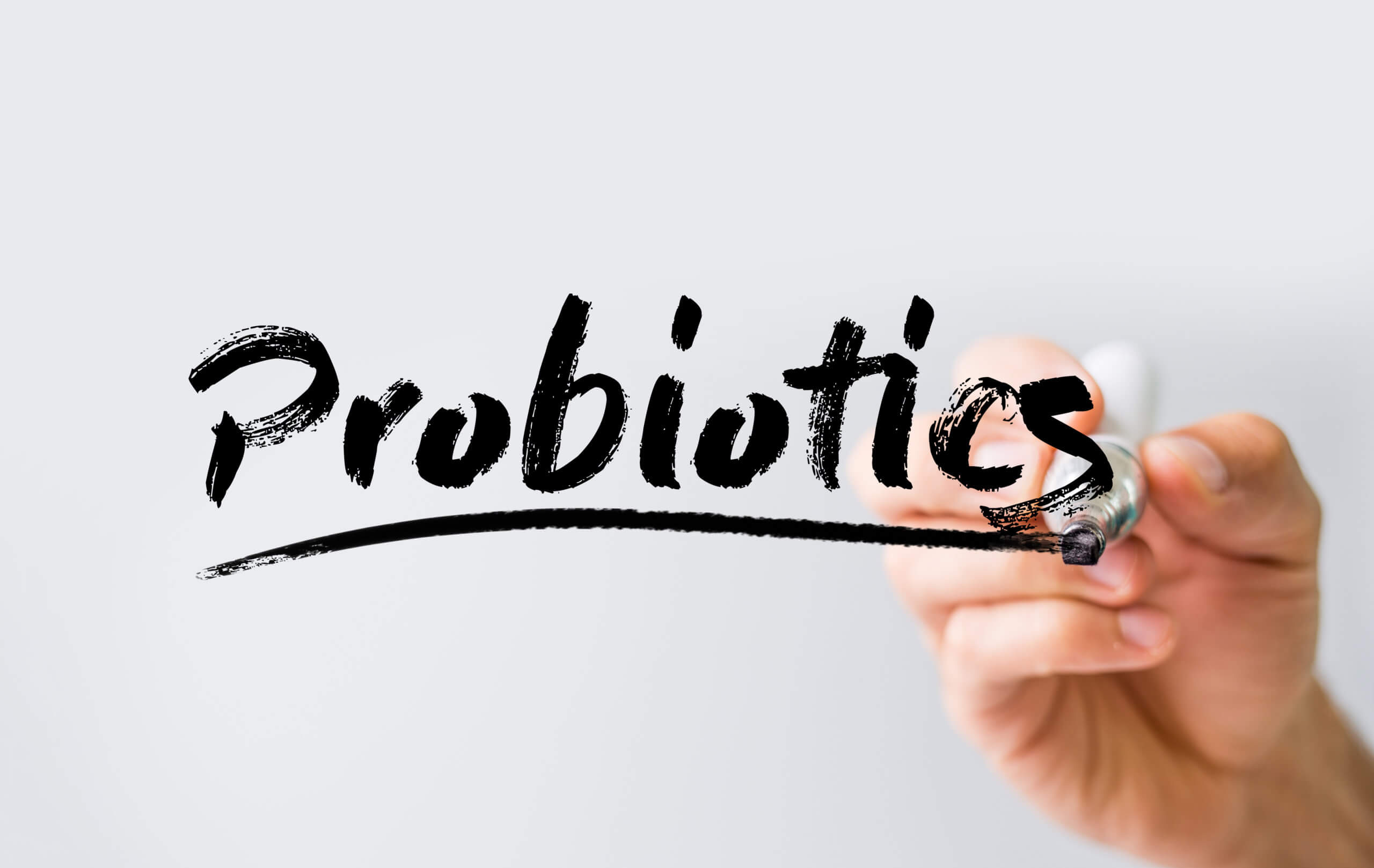In a recent breakthrough, scientists from the University of Gothenburg, in collaboration with the probiotic firm BioGaia AB, have discovered a method to make a key gut bacterium resistant to oxygen. This could pave the way for advanced probiotic treatments that could enhance glucose regulation in prediabetic patients.
Humans host trillions of gut bacteria, crucial for various roles such as breaking down food and modulating the immune system. Over the past ten years, research has illuminated the connection between alterations in this gut bacteria composition and the onset of multiple diseases.
The future of probiotics, live bacteria products, holds great promise, as they might replenish the bacteria missing in individuals at a heightened risk of certain diseases. However, a critical challenge has been the oxygen sensitivity of most bacteria. Many die within seconds upon exposure to oxygen, making the development of live bacterial cultures particularly challenging.
In a paper featured in the journal Nature, the research team unveiled their success in enhancing the oxygen tolerance of Faecalibacterium prausnitzii, a beneficial gut bacterium. This bacterium’s levels plummet in conditions like Type 2 diabetes and cardiovascular disease. By pairing F. prausnitzii with Desulfovibrio piger, another bacterium, the researchers improved its growth and function. Subsequent “training” in a favorable environment resulted in a more oxygen-resilient F. prausnitzii.
“By leveraging natural symbiosis and “training” the bacteria, we’ve devised a novel method to produce live biotherapeutic products from otherwise oxygen-sensitive bacteria,
says professor Fredrik Bäckhed, the team’s lead, in a statement. “These products could be instrumental in preventing diseases that arise due to a shortage of these bacteria.”
Muhammad Tanweer Khan, the study’s primary author and a member of Professor Bäckhed’s team, elaborated on the findings. Representing BioGaia AB, Khan noted, “When these bacteria were cultivated together, there was a notable uptick in biomass and butyrate production, which is anti-inflammatory.” This could potentially ramp up production yield and future butyrate production.
The researchers have established that this bacterial combination is safe for human ingestion. The next phase will examine its effect on glucose regulation in prediabetic individuals. With optimism, Professor Bäckhed concluded, “We’re hopeful. Upcoming research will determine if gut bacteria can indeed bolster our health.”
